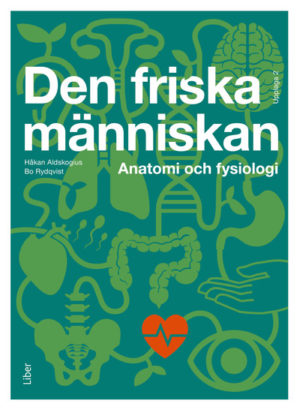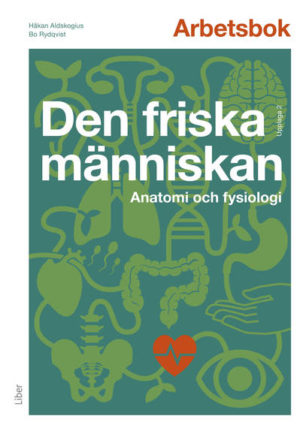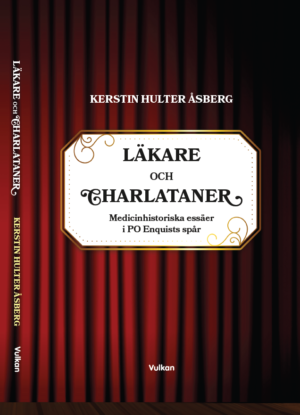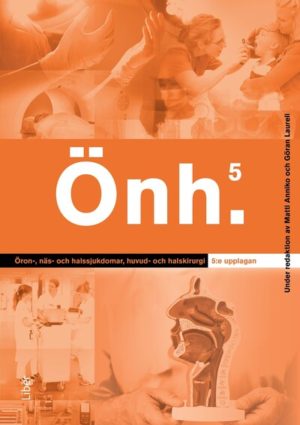English abstract
The general aims of this thesis were to evaluate if a mass media campaign, aimed as a health promoting campaign, and visits to a specialist clinic in periodontology could increase the knowledge of periodontitis, symptoms and treatment. A further aim was to analyse expectations and satisfaction with care among patients referred for comprehensive treatment to specialist clinics. Paper I and II evaluating if a nationwide mass media campaign increased the knowledge of periodontitis (paper I) and factors associated with knowledge (paper II). The evaluations were done using a mail questionnaire in a before and after design. The questionnaires were sent out to 50-75 years old people in Sweden, randomly sampled from the population register. Paper I showed an improvement of correct answers about symptoms and treatment of periodontitis after the media campaign. In paper II, it was shown that education, utilization and perceived importance of oral health were related to knowledge both before and after the mass media campaign. Age and information about periodontitis from dental clinics were associated with knowledge before the mass media campaign. Paper III and IV evaluated the knowledge of periodontitis, and analysed self-perceived oral health (paper III), expectations on and satisfaction with care (paper IV), and evaluations were also done using a questionnaire in a before and after design. Patients referred to specialist clinics in periodontology for comprehensive periodontal treatment were consecutively sampled for the study. The results in 9 paper III showed an improvement in correct answers to the knowledge questions after visiting the specialist clinic. The most common self-perceived troubles were bleeding gums and sensitive teeth. Many of the patients experienced their oral health as rather good. In paper IV, the patients expected it to be very important or important to achieve healthy teeth and improved well-being after treatment. In general, many of the patients were satisfied with their dental visits. The patients also appeared be satisfied with the relationship to and the perception of the caregiver. In conclusion, there was an improvement of knowledge about periodontitis, possibly due to the media campaign and also after visiting a specialist clinic in periodontology. Even if the patients reported troubles from their mouths, they rated their self-perceived oral health as rather good. Achieving healthy teeth and improved wellbeing were important issues for the patients. Having a good relationship with and confidence in the caregiver seems to indicate satisfied patients.







